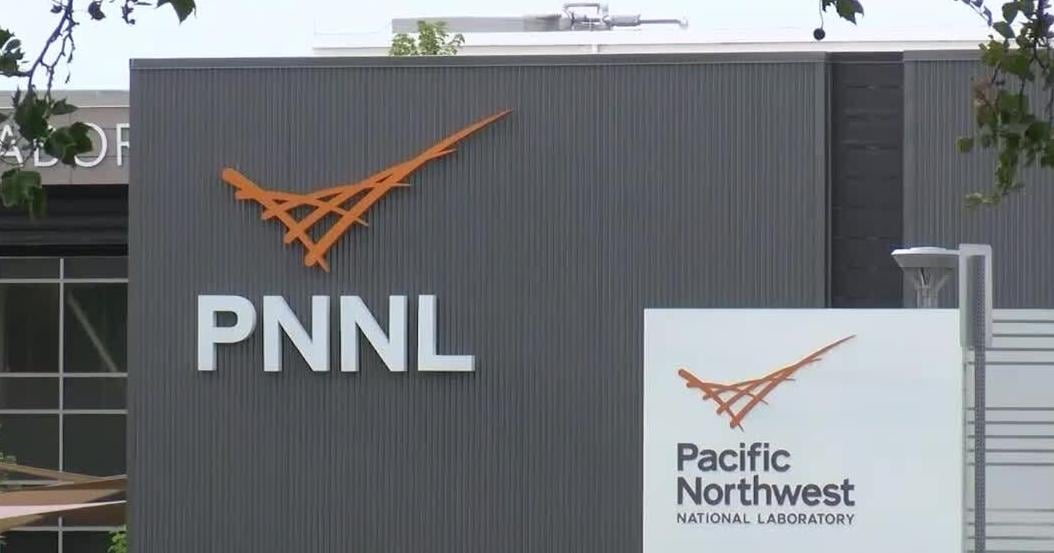TRI-CITIES, Wash. – The Pacific Northwest National Laboratory (PNNL) is facing potential federal funding cuts that could impact the local economy. President Trump’s proposed budget for 2026 includes up to $271 million in cuts to PNNL.
Doug Ray, a former associate lab director at PNNL and current member of “Friends of PNNL,” estimates that these cuts could result in the loss of up to 1,100 jobs at the lab. Ray is concerned about the employment prospects for the affected workers.
“Certainly the scientists and engineers will probably not be able to find local employment, because the jobs are pretty specialized. And, so they’ll have to either retire early if that works for them, or they’ll move elsewhere to find a job somewhere else,” Ray said.
The Department of Energy’s Laboratory Tables Budget indicates that the cuts will significantly affect two programs at PNNL. The Energy Efficiency and Renewable Energy Program is set to be completely defunded, resulting in a $142 million loss. Additionally, funding for the Science Research Program would be cut by about 42 percent to $120 million.
Ray emphasized the importance of these programs for the nation.
“Energy efficiency, this is great for all of us because when you become more energy efficient, it means you use less energy and it costs you less money, whether you’re a homeowner or a business owner,” Ray said. “And so everybody wins when we figure out how to effectively improve efficiency.”
While there are funding changes across other programs at PNNL, the Weapon Activities program will see an increase of about $12 million. Ray estimates that if PNNL loses about 1,000 jobs, the economic impact could result in the loss of about 2,000 non-PNNL jobs in the Tri-Cities area.
“If it goes through as it is, we’re probably looking at 3,000 jobs and loss of scientific capability, which will impact more the nation than the community,” Ray said.
Ray expressed concerns about the potential loss of top-tier scientists and engineers in the U.S.
“Well, the place, frankly, is outside the United States, so I do know that Canada, the United Kingdom, Germany, Denmark, France, they are all inviting American scientists to come over where they’re at,” Ray said. “They’re saying we’re a better place, a safer place to do scientific research.”
The president’s budget proposal is the first step in the federal budgeting process. Congress will draft the final appropriation bills for the next fiscal year.
